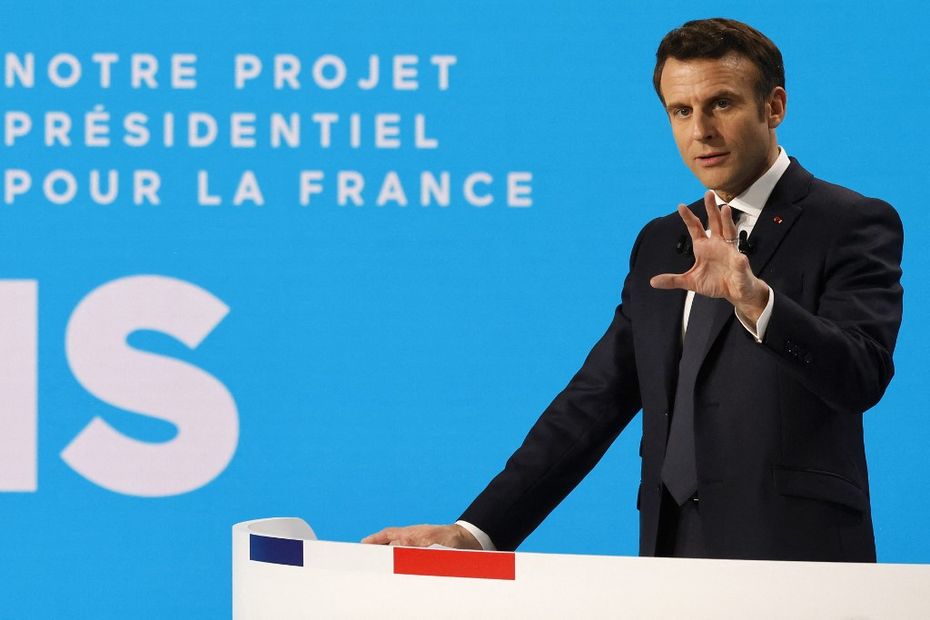The wage settlement in the State breaks loose today, with a historic shift: For the first time, Unio will drop LO as a negotiating partner and instead seek cooperation with the Academics.
–
– In this year’s wage settlement, the Unio state’s main goal is to form a new, joint collective agreement with the Academics. As the negotiating situation is in the state, this is our best opportunity to ensure a good wage development for our members, says chief negotiator Guro Lind in Unio Stat to VG.
Today is the starting shot for the main collective bargaining agreement in the state. Unio, LO, YS and Akademikerne will negotiate with the state on both salaries and other working conditions. Until 2016, they negotiated together, but then the Academics broke out and ran their own negotiation race.
The explorations began last year
Now Unio is jumping on the bandwagon and will negotiate with the Academics: For the first time, they do not want to negotiate a joint collective agreement in the State with LO:
– Our goal in this year’s wage settlement is to put in place a new collective agreement that ensures the wage development for the education groups, Lind says.
– In this year’s wage settlement, the Unio state’s main goal is to form a new, joint collective agreement with the Academics. Why?
– As the negotiating situation is in the state, this is our best opportunity to ensure a good wage development for our members, Lind says.
Already after the settlement last year Guro Lind was a disappointment, however after the outcome of the negotiations.
– Ahead of this year’s settlement, the Unio state has therefore explored the possibilities for a new, joint collective agreement with the Academics in the state. After positive reviews, Unio stat goes to the negotiating table with demands for such an agreement.
– Lost over time
She points out that wage statistics show that the education groups in the State has come out poorly in the last five years – while government employees with only upper secondary or primary school have the highest wage growth, those with a master’s degree or doctoral degree have the lowest wage growth.
– We have to take the wage statistics seriously. The education groups in the state have lost over time – both against government employees with lower education, and against the education groups in the private sector. We have to do what we can to change this picture – and the polls have shown that the opportunity for this is greatest in a new, joint agreement with the Academics, Lind says.
– Education must pay off
She adds that Unio’s wage policy is the same as before.
– Unio’s wage policy is fixed. The framework for the settlement shall be determined centrally, with collective wage formation as a basic element.
She adds:
– There must still be rates for the minimum wage. But we accept that the distribution of wage funds will take place at the individual company. The crucial thing for us is that education, competence, responsibility and risk must pay off – also in the state, Lind says.
Leader Egil André Aas in LO Stat says they respect the election, but that they would like to continue working with Unio.
– We have had a good collaboration, but they make their choices.
He says it is not relevant to lift individual groups in this year’s settlement in the State.
– No, this year we will lift everyone, not individual groups. 80 percent in the State are higher education groups, this also applies to us, so we also represent them.
– Special wage settlement
Here are LO Stat’s main requirements:
Real wage growth for all, compensation for lower wage development in relation to industry in the current collective bargaining period, a general wage equalization, reducing the difference between women’s and men’s wages, and taking care of the lowest paid employees.
– There will be a special wage settlement this year. High electricity prices and strong inflation, as well as an ongoing war in Ukraine have led to a confusing situation. What we do know, however, is that what is happening around us bites into the wallet of most people. And it is those who earn the least who are hit the hardest. We have to take that with us
these negotiations, says Aas in the press release.
– 30 percent wage difference
– The wage settlement must contribute to the state being able to compete with the private sector for important competence.
This is what the leader of Akademikerne stat, Kari Tønnessen Nordli, says at the start of the main settlement today.
She writes in a press release that the wage differences between highly educated people in the state and the private sector have exceeded 30 percent for some groups.
– And with last year’s settlement, the differences increased. Half of the Academics’ members in the state are now considering leaving the job and salary is the most important reason, she says and refers to a recent survey.
LO is the giant in the Norwegian world of workers, but Unio and Akademikerne have experienced the largest percentage growth in recent years.
May be mediated in May
NTB writes that the settlement affects around 170,000 employees in state-owned enterprises.
On Wednesday last week, negotiations began in the municipal sector, which includes almost 450,000 employees. The deadline for these negotiations is the same as for the settlement in the state – 30 April.
However, the chance that one or more of these settlements will end in mediation in May is considered to be relatively high.
–


